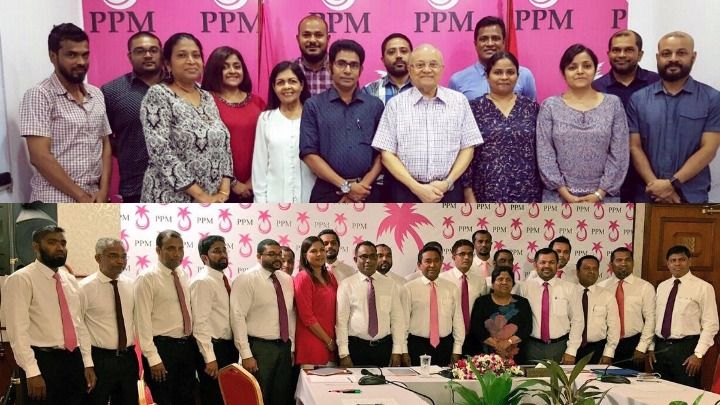Courts begins hearing appeal into PPM leadership row
The high court has begun hearing a case that will decide whether the civil court was right to hand over control of the ruling party to President Abdulla Yameen

21 Oct 2016, 09:00
The high court has begun hearing a case that will decide whether the civil court was right to transfer control of the ruling party from former President Maumoon Abdul Gayoom to his half-brother and incumbent president, Abdulla Yameen.
The dispute has split the Progressive Party of the Maldives and thrown its preparations for the upcoming local council elections into disarray.
Wafir’s challenge left Gayoom’s lawyers scrambling to file a third-party intervention in order to have their viewpoints heard.
Become a member
Get full access to our archive and personalise your experience.
Already a member?
Discussion
No comments yet. Be the first to share your thoughts!
No comments yet. Be the first to join the conversation!
Join the Conversation
Sign in to share your thoughts under an alias and take part in the discussion. Independent journalism thrives on open, respectful debate — your voice matters.




